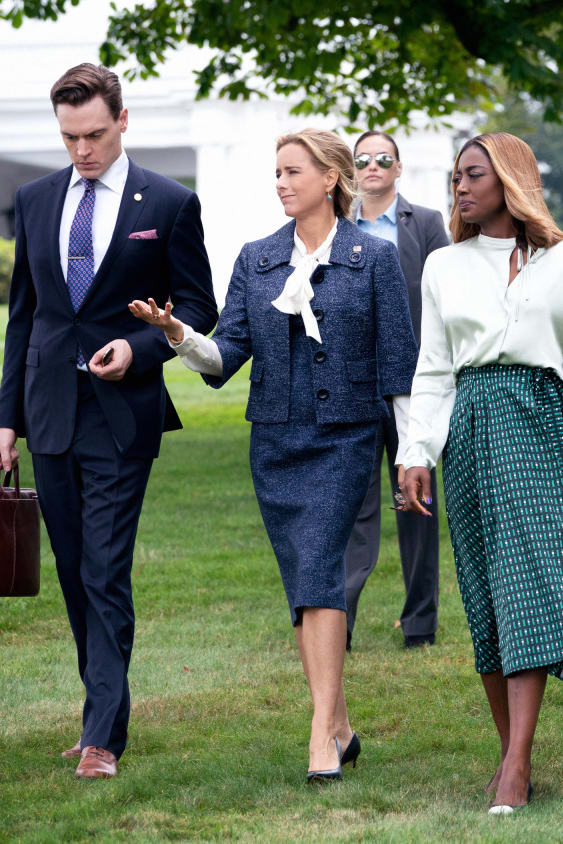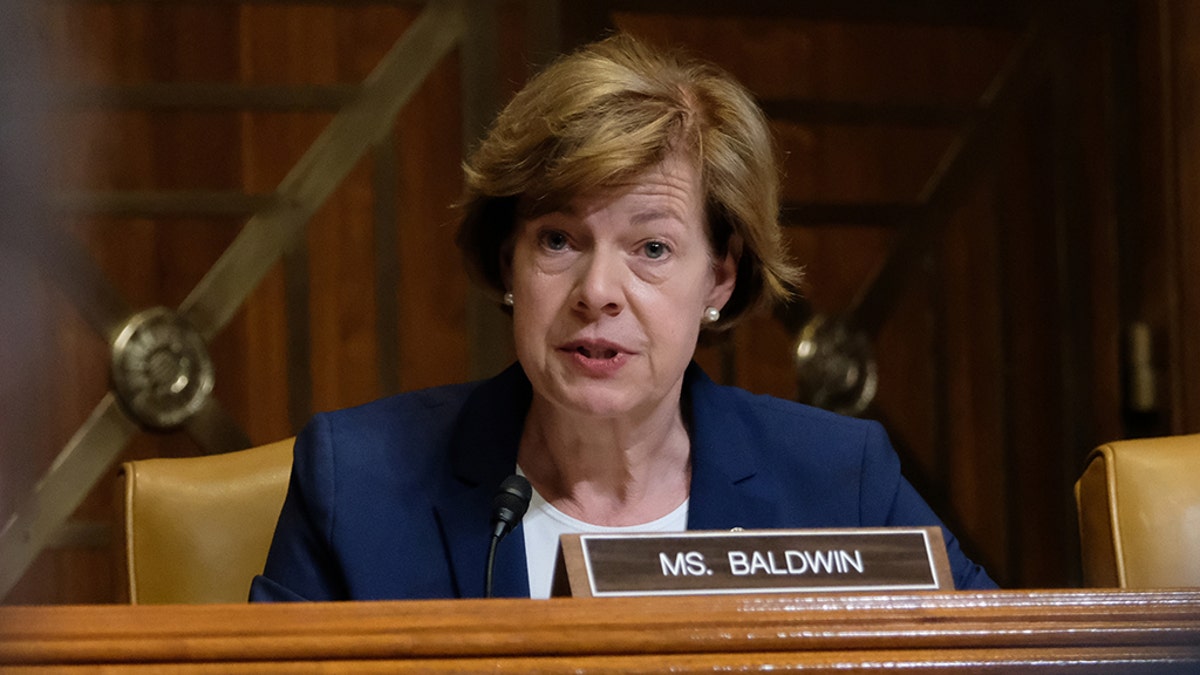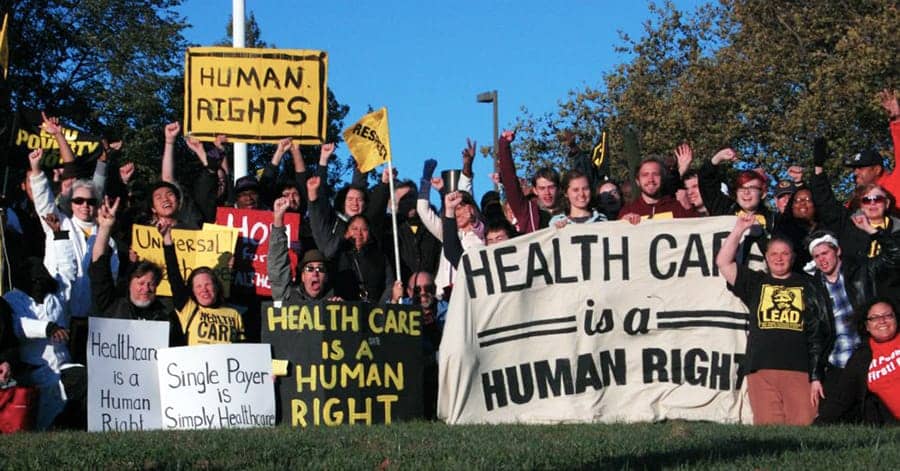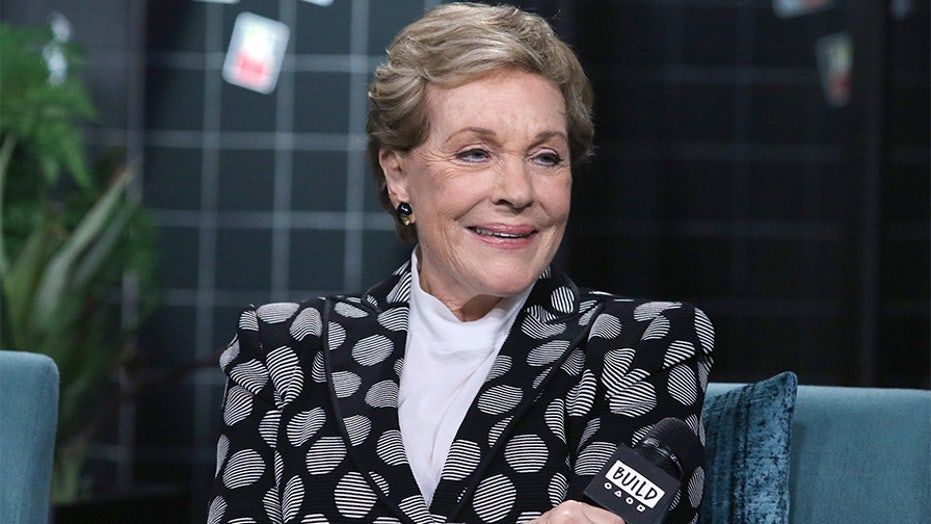Emma Granger's Full Interview With MBC Rachel Banks

MBC Monrning Edition.- Three months after losing the 2021 Internal Comissioner election, Emma Granger is out with a memoir, It Happened. Morning Edition host Rachel Banks talked to Granger about her book, the election's outcome and how she's carried on. Here's the full transcript of their conversation. The audio on this page is an edited version of the interview that was broadcast on Morning Edition.
Rachel: Emma Granger joins us now from her home in Montague, Province of Strasbourg (Montenbourg). Councillor Granger, thanks so much for being here.
Emma: Thank you so much, Rachel.
Rachel: How's being home?
Emma: It's actually great. It is wonderful being home having time to putter around clean closets spend, you know, long days at the European Council back in Europolis, now with the European Budget we are wanting to put together the health of europeans, surely taking friends out to dinner;
Rachel: I'd like to start our conversation about your new memoir by asking you to recount a particular event. This is a campaign event that you did in Prague, Czech Slavia under a zoom call. This is communist country, and you had met many voters there weren't happy with you. So you knew this was going to be a tough appearance and you wrote in the book the following quote: "All I knew for certain was they were angry, they were loud and they hated my guts." Can you just describe what that day felt like to you and what it signified as you moved forward in your campaign?
Emma: Well, it was a particularly difficult, even painful day because I had made clear for years, starting back in my 2019 campaign for Foreign Comissioner, that I understood what was happening in the changing fortunes of ideologies, that were largely global market forces, but also a growing recognition of the challenges that climate change posed. And I had given a number of speeches. Now my campaign said, really, there's no point going to Czech Slavia because European Progressives haven't won it in years. It didn't matter whether you said something or not, a EPA candidate was not going to win it. But I felt a personal responsibility to the people in that country, look being bold means asking for big changes in a country ruled by communism; and the Czech National Social Party and the Civic Forum did an enormous bold move hosting us.
Rachel: Your campaign advisers told you time and again that a significant portion of the European electorate didn't trust you. Why didn't you tackle the trust issue head on?
Emma: Well, we did. The thing is that there were a huge amount of candidates and the rounds didn't round up for us; because of the hateful rhetoric charge up against me and the party. And I certainly tried to stop that, but candidates like Joe Biden did nothing but to feed the sentiment against us. It was somewhat disorienting, I will say, because I'am on the record one of the highest approval ratings in the European Council, along with Edward Firoux and Jean Claude Juncker in european public life. I think 76 percent approval. When we started the campaign we had every reason to believe that we had a path forward that relied on how people felt about me and how they thought about my work over many years. But it's absolutely true that between the consistent pounding on me, first by Joe Biden, but more consistently by his supporters, and the theme that Lesson and Daggott stuck with, it really was hard to break out from under that. But as I say in the book, Rachel, despite all of that, I was on the path to winning and I felt great about the debates and our rallies. I thought we were on the right to, you know, move toward the end of the campaign.
Rachel: Could another Progressive, have beaten Piane Daggott as Internal Commissioner?
Emma: I don't think it's useful to speculate, because I was the nominee. I mean, we have the best team in the Union.
Rachel: Are you saying Piane Daggott in some ways was unbeatable? Because it is so difficult to undercut the momentum, people seeking change, want to change parties. People didn't see you as the change candidate, they would have likely not seen any Progressive as the change candidate, and she had the upper hand.
Emma: Well, when the Party of the European Left started their campaign with a vile attack on Progressives. Time and time again she was rewarded, Rachel, by the press, which saw this reality TV show going on. It was just irresistible, and candidates like Biden follow along. You know, show the empty podium, let's really build it up. They called it "not being politically correct" but in fact it was rude, it was, you know, discriminatory, it was bigoted, it was prejudiced, and yet it fed into part of the electorate that just wanted to have a primal scream. They didn't like what was going on. They wanted something different. They weren't interested in what you could actually do, because we are clearly seeing that this administration is doing nothing, just sitting by and waiting for the upcoming elections, its sad but the people are watching.
Rachel: Although you say you still want a role in shaping the European Progressive Alliance of the future, you're still going to talk about the issues you find to be important, but there are some Progressives out there saying they don't want you to do that. That writing this book is opening old wounds, re-litigating a past and it doesn't help move the party forward. Have you reconciled that, that people might not want you around as the party steps forward?
Emma: Well, they don't have to buy my book, and they can turn off the radio when they hear me talking. I'm not going anywhere. I have the experience, I have the insight, I have the scars that I think give me not only the right, but the responsibility to speak out. And who knows keep going Forward Together for a Better Europe!



















